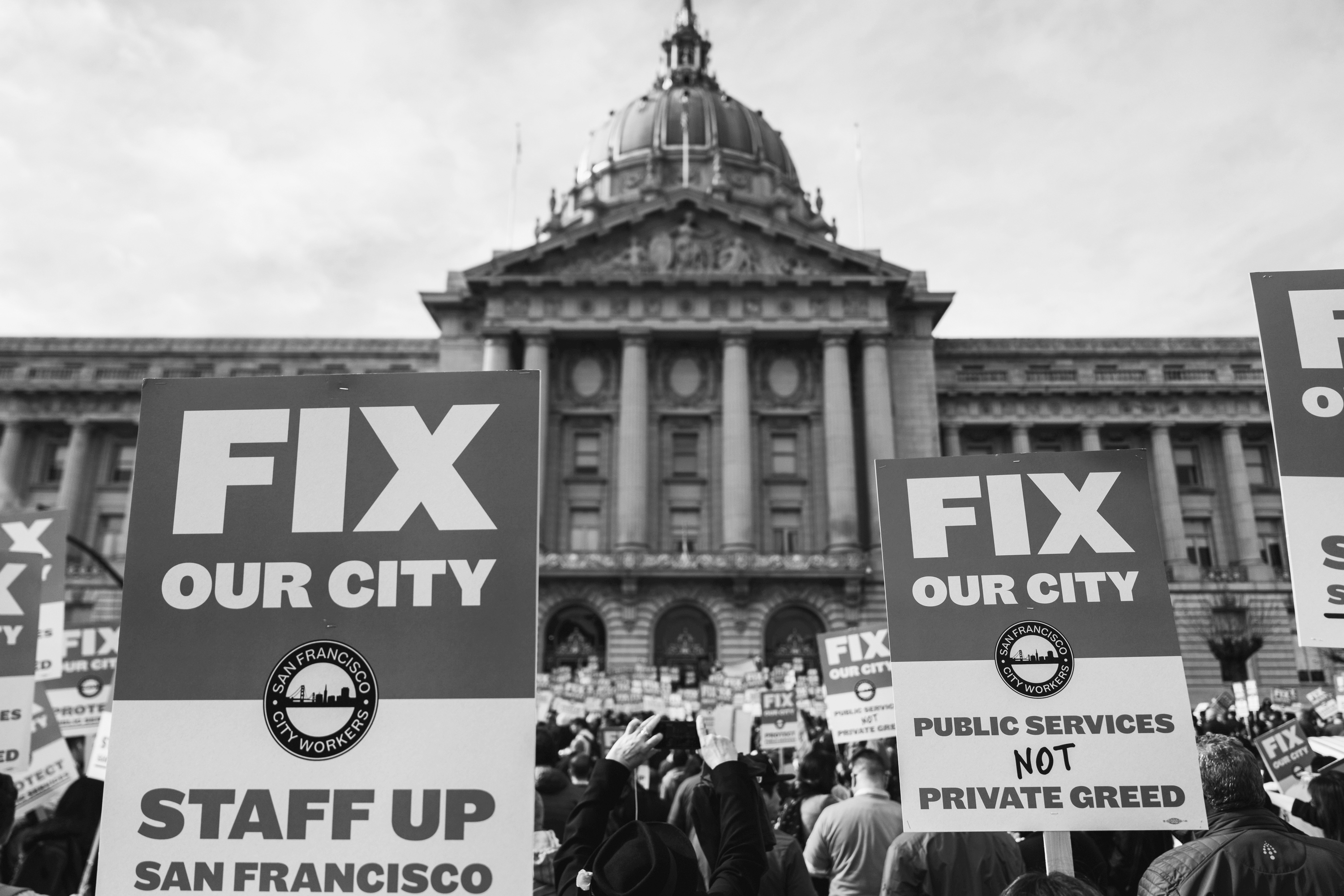San Francisco is facing a mammoth-sized hole in its budget. And while much has been made about the structural forces affecting the local economy (just Google “SF Doom Loop”), it is just as much the fault of members of the San Francisco Board of Supervisors who knowingly exacerbated this $800 million disaster with their reckless decision-making.
In fact, the lion’s share of this deficit can be attributed to a single late-night decision made by one former supervisor, Sandra Lee Fewer, when she cynically chose to prioritize her political allies over the city’s financial health.
In the fall of 2020, the city was in the depths of the pandemic and much of it remained shut down. Faced with a $1.5 billion two-year shortfall, the mayor urged all public employees to defer their contractual 3% raises. The police union and the firefighters agreed, later receiving larger raises as part of their agreement. Other public employee unions said no.
At the time, those raises would have cost $250 million over two years and weren’t included in any budget proposal from the mayor or the Board of Supervisors during the months of public meetings, deliberations and negotiations. That changed abruptly in the wee hours of Aug. 27, 2020, the last day of budget consideration, when Fewer included them in the last page of her spending plan. Added sometime after midnight, the committee approved the modified spending plan close to 2 a.m. without much debate.
The city never had the revenue to cover the cost of those raises. The supervisors partially filled the gap by allocating $36 million in one-time funding from the city’s rainy day reserves, thus obligating the city to pay for the raises in perpetuity. The money was a down payment, but the rest of the bill came due after Fewer had retired from public life.
Critics decried the move as deeply irresponsible but were derided then as pushing an “austerity” agenda. Nothing could have been further from the truth: the decision to award these raises came at a time when private sector unemployment was over 12%, 200,000 San Franciscans were filing for unemployment, children had been out of school for almost a year and a pandemic-fueled population exodus was contributing to the collapse of businesses large and small.
With so much suffering, it was tragic and immoral to spend $250 million we didn’t have on public employees who make an average of twice the city’s median income just to satisfy a powerful political constituency. For a city obsessed with progressive policies, this was a reverse Robin Hood for the ages.
Three years later, the cost of those raises, compounded with other increases, has grown to about $500 million, about two-thirds of the entire two-year budget shortfall.
We should have had a significant deficit almost immediately after the raises were implemented, but the issue is exploding only now because the federal government bailed out state and local governments during the depths of the pandemic. That emergency relief is ending, as we always knew it would. Instead of taking the intervening time to plan seriously for the looming fiscal cliff, we buried our heads in the sand.
The consequences of this mismanagement could not be more dire—budget denialism has already forced midyear budget cuts, with more likely on the way. To fill the current gap, services will be cut and employees could face furloughs or layoffs. The prospect has already prompted threats of a strike.
The repercussions will fall to the current budget chair, Supervisor Connie Chan, who was Fewer’s chosen successor. So far, she has doubled down, passing an even bigger budget this year, and she has reportedly said, “San Francisco doesn’t have the money to fix itself.” The city got itself into this mess, and it will have to get itself out. That will require voters to demand sound, long-term decision-making from their leaders, to empower and reward those who stand up to powerful special interests and to reject those who won’t.
Andrew Mullan is a former audit, budget and policy aide in San Francisco who recently moved to Providence, Rhode Island.
Correction: This story was updated with the correct date supervisors approved the raises. It was Aug. 27, 2020.
